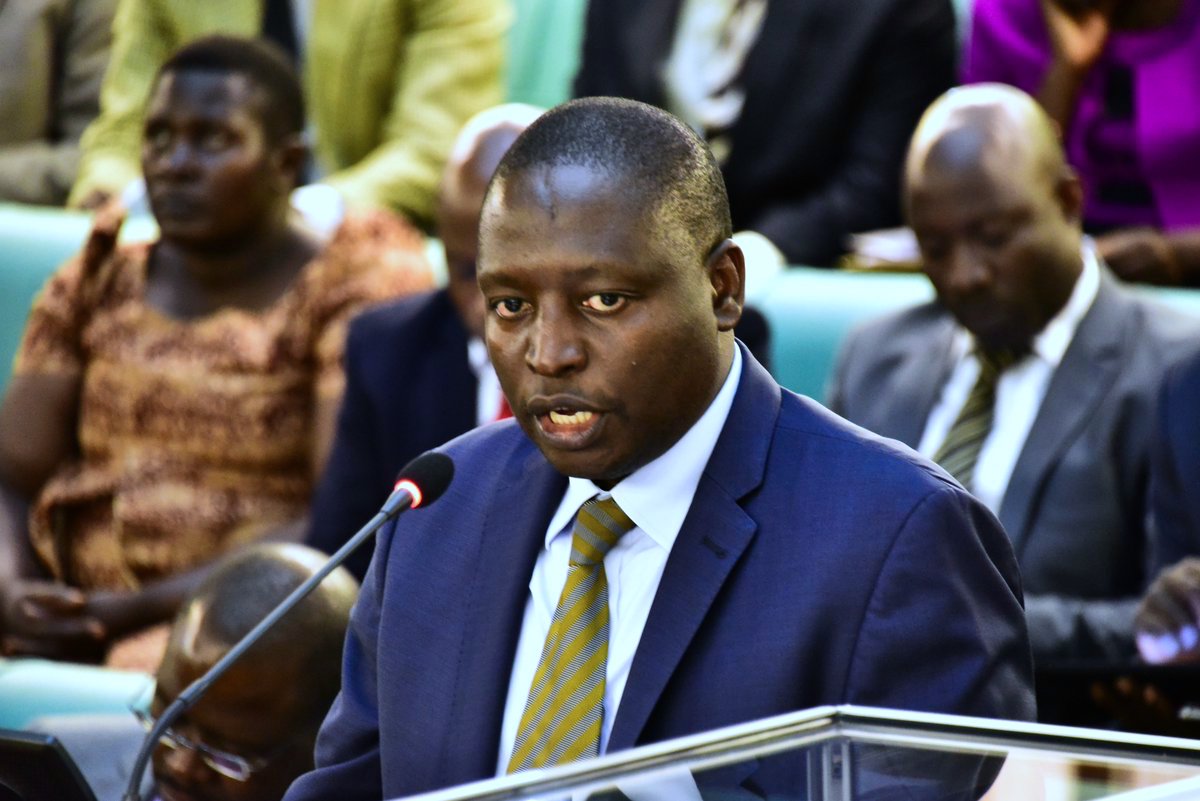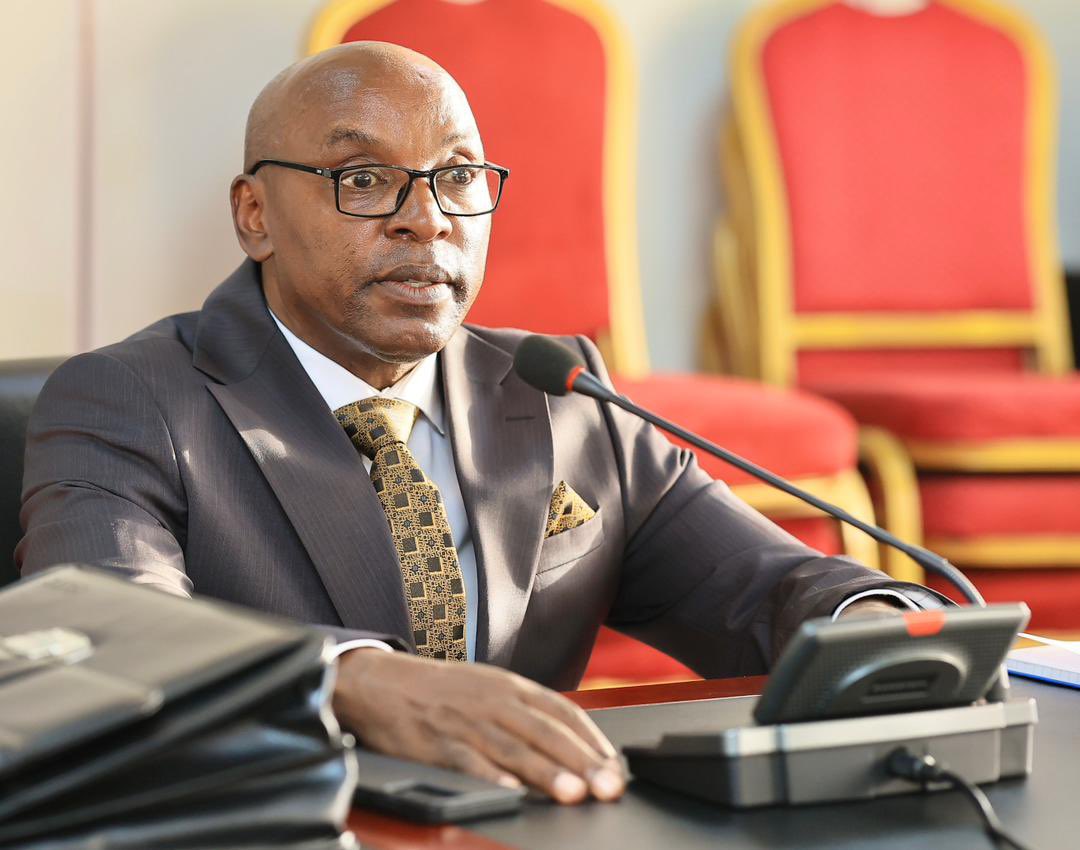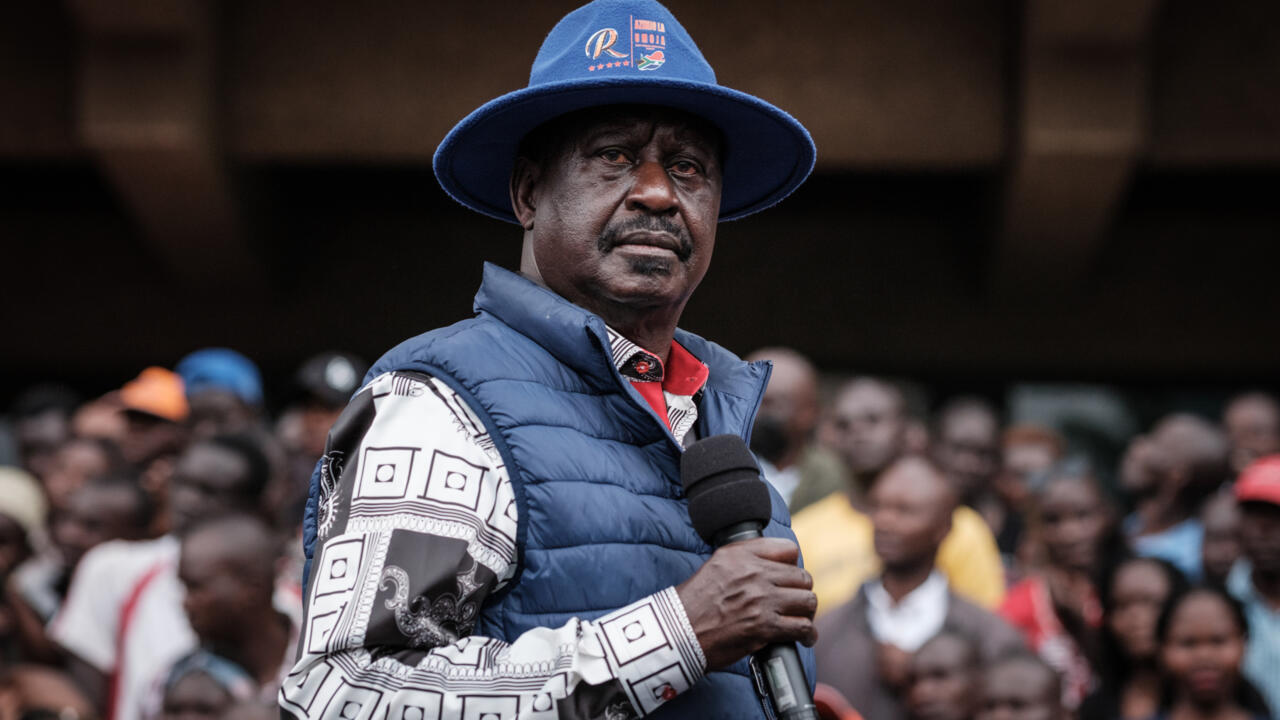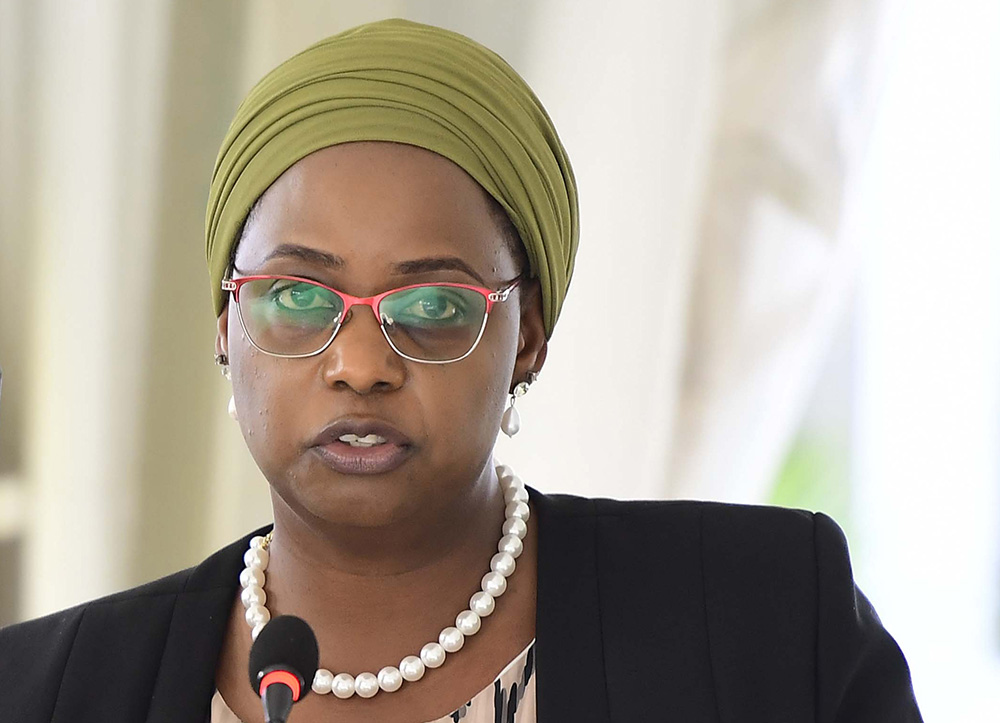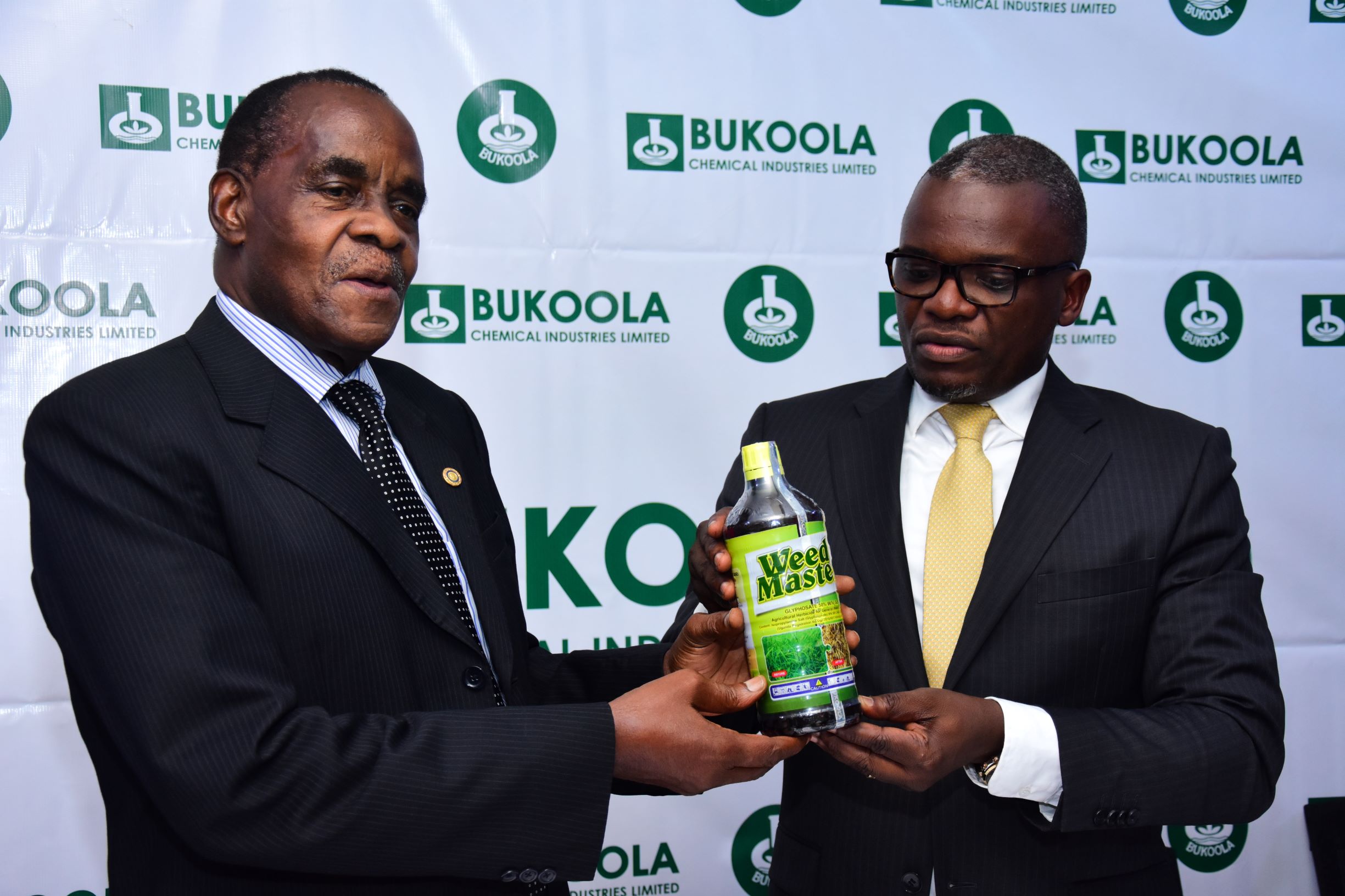As the director of Finance and Administration at the Population Secretariat in the early 2000s, David Bahati never grew tired of recounting his poverty-riddled childhood.
He would tell anybody who lent him an ear that “I am a survivor” and that his life journey from a hopeless orphan in Ndorwa West to a manager in one of the big government agencies was nothing short of a miracle.
“We barely had what to eat,” he told Richard Kavuma of The Observer, in one of the most riveting news profiles of Bahati.
Yet Bahati came into his true element in 2006 when he defeated the incumbent Stephen Bamwanga to claim the Ndorwa West parliamentary seat.
In the corridors of Parliament, he was one of the friendlier faces among journalists. He was also a reliable source of information on the internal happenings of the NRM, especially during meetings like the NRM Caucus, which were closed to journalists.
A Bright Beginning
Young, articulate, and ambitious, Bahati quickly earned a reputation as one of the NRM’s “young turks,” alongside figures like Frank Tumwebaze, Barnabas Tinkasiimire, and Margaret Muhanga.
Bahati’s boldness was evident during the 2008 Temangalo scandal, where he and his fellow young MPs took a principled stand against Amama Mbabazi, then a powerful Minister of Security.
On the day that Mbabazi appeared before COSASE, which was investigating the saga, Bahati put him to task to explain whether he had used his political influence to force NSSF to buy his land in Temangalo at an inflated figure.
“Did you or did you not,” he asked a puzzled Mbabazi, who was saved by the quick intervention of his lawyer, Dr Joseph Byamugisha, who did not suffer fools gladly.
“Young man, what is your problem?” Byamugisha asked before delivering the final blow: “It would be better if you first acclimatized yourself with the workings of this Parliament and with the law.”
This move endeared him to many who saw him as a reformer unafraid to confront entrenched power. It cemented his reputation as a rising star, with some observers noting his potential to shape Uganda’s political future.
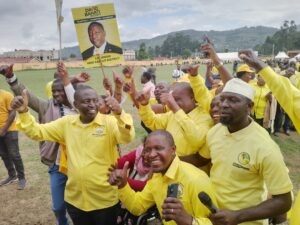
However, it also led to fears that he would never make it to the cabinet since he had bruised the ego of one of the most powerful operators in the NRM.
He was yet to play all his cards. In 2009, he introduced the Anti-Homosexuality Bill, a piece of legislation that proposed harsh penalties, including life imprisonment, for homosexual acts. Marketed as a defence of cultural and religious values, the bill was championed by Bahati under his self-proclaimed “born-again” Christian identity.
For a segment of Uganda’s conservative society, this move bolstered his image as a moral crusader. However, it drew international condemnation for its draconian measures and human rights implications.
Critics, including parliamentary journalists who knew him closely, questioned the authenticity of his religious persona.
At this point, Bahati had morphed into a “ruthless political operator” who used his born-again image for public perception while employing hardball tactics to maintain power.
Ahead of the 2011 heated primaries in Ndorwa West, allegations surfaced that he had used intimidation and other strong-arm tactics to force his would-be opponents out of the race. He was unopposed at the general election.
Cabinet beckons
Whatever tactics he used to win re-election in 2011, Bahati’s career took a significant leap when he was appointed State Minister for Planning. This role elevated his influence, giving him a platform to contribute to national economic reforms and the budgeting process.
It has to be noted that by this time, he had become the NRM chairperson for Kabale, giving him more influence in the party affairs in the district.
Before the NRM streamlined its voting processes, district party chairpersons could determine which member made it to the party register or yellow book.
In 2016, Bahati defeated his main challenger, Simon Agaba, with a margin of 16,000 votes. He was successful again in 2021, solidifying his dominance in Ndorwa West.
Yet as his political career flourished, so did his wealth. He acquired multiple properties and built a mansion in his village, a visible symbol of his success that also became a point of contention.
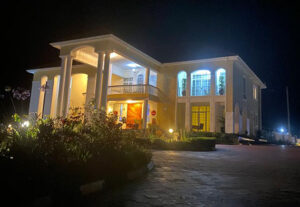
Residents of Ndorwa West, particularly in Kamuganguzi Sub-county, began to view his wealth as a sign of disconnect from their struggles.
William Muyambi, a former ally, accused Bahati of “transactional leadership,” claiming he offered as little as Shs 5,000 to buy votes while neglecting critical issues like ill-equipped schools and deteriorating health facilities.
Other voters expressed frustration over unfulfilled promises, such as the improvement of the Buraba–Rubaya road and support for orphans, which Bahati had pledged as a fellow orphan himself. Lydia Tumushabe, a resident of Butanda Sub-county, highlighted the dire state of roads, which she said led to tragic outcomes for pregnant women unable to access healthcare.
These grievances painted a picture of a leader who, in the eyes of many, prioritized personal gain over public welfare.
However, some of his admirers point out that Bahati was a central figure in the Kigezi sub-region’s development, a leader who brought electricity, health centers, and schools to his constituency.
Winds of change
As early as last year, one could tell that the political landscape in Ndorwa West was shifting. A new contender, Eliab Naturinda Mporera, a 37-year-old lawyer, farmer, and real estate entrepreneur, was emerging as a formidable challenge to Bahati.
While he did not have Bahati’s deep pockets and influence, Mporera, a former aide to the late Gen. Aronda Nyakairima, had read the political temperature accurately. The demographics in Ndorwa West have greatly changed, with the youth yearning to have a bigger say in how they should be governed.
Mporera galvanized the youth but also campaigned on a platform of inclusive leadership and development-focused governance. His rallies across sub-counties like Katuna, Rubaya, and Butanda drew significant crowds, the first sign that Bahati’s days were numbered.
Therefore, last week’s primaries in Ndorwa West were a referendum on Bahati’s leadership. After his defeat, Bahati cried foul, claiming that there had been irregularities in several places.
“This was not a free and fair election,” he told reporters, vowing to explore legal and political options.
Visibly, he was crestfallen and hopeless. Some say his response only deepened the perception of his arrogance.
If his defeat his upheld, it could mark a potential end to a 19-year political tenure that began with immense promise but faltered under the weight of ego and arrogance.



